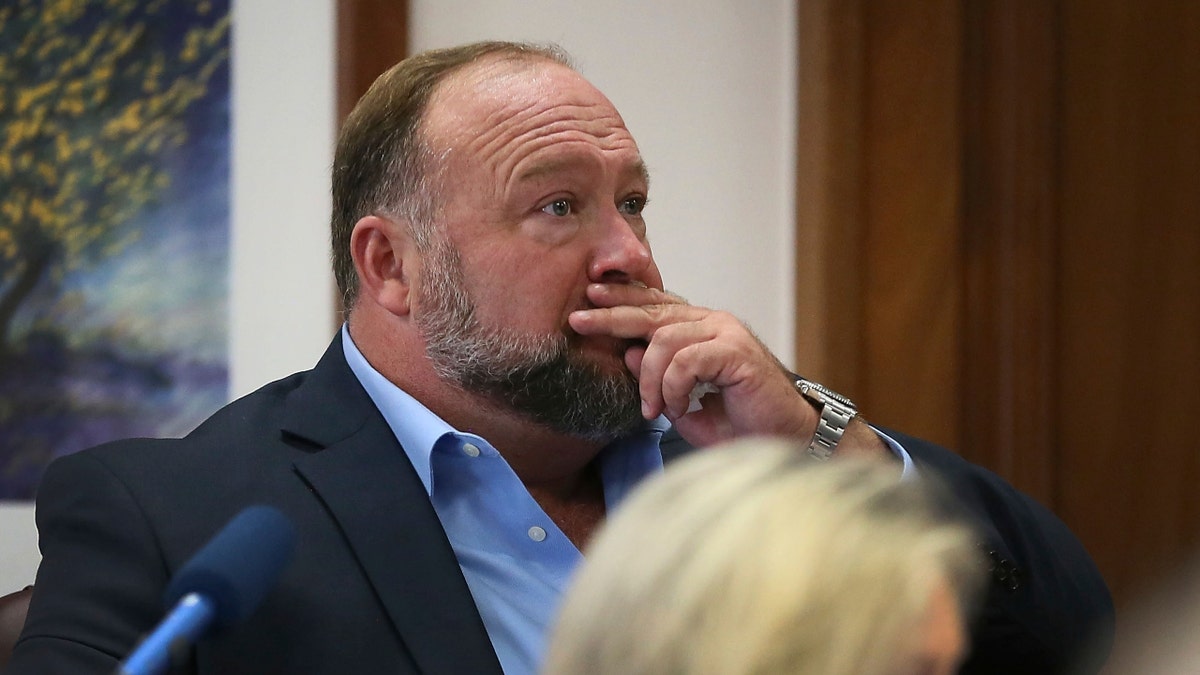A company that owns biomass electricity plants in West Enfield and Jonesboro and had access to millions in state subsidies to help it stay afloat has filed for bankruptcy, stating it owes $17.8 million to creditors including an energy market investor, the states of Maine and New Hampshire, and Maine loggers.
Stored Solar LLC and all but one of its subsidiaries filed for Chapter 11 bankruptcy protection in September in U.S. Bankruptcy Court in Bangor. Chapter 11 of the bankruptcy code provides a way for companies to reorganize their operations.
The filing comes six years after Maine lawmakers passed a $13 million bailout of the state’s biomass industry, which uses waste wood to produce electricity, with the aim of preserving electric plants and logging jobs.
Stored Solar was one of two companies to benefit from the subsidy package, which used taxpayer dollars to guarantee biomass producers above-market prices for their electricity. But the company, which bought the West Enfield and Jonesboro plants in 2016 after previous owner Covanta shut them down, only ran the plants intermittently following the bailout’s passage.
The West Enfield plant hasn’t produced power since December 2020 while the Jonesboro plant last produced power earlier this year, in June, according to records from the U.S. Energy Information Administration.
Months into its restart efforts in West Enfield and Jonesboro, a trade association representing Maine loggers, the Professional Logging Contractors of Maine, alleged some of its members supplying Stored Solar weren’t being paid.
The company said in late March 2017 that it had paid the loggers and settled what it called an “invoicing dispute.” But Dana Doran, executive director of the Professional Logging Contractors of Maine, said this week that Stored Solar still has not repaid those debts.
Also in 2017, the company unveiled plans to open a shrimp farm at its West Enfield headquarters with the help of taxpayer loans.
Stored Solar is owned by husband and wife William Harrington and Fahim Samaha, and is a subsidiary of Capergy US, which Harrington and Samaha also own. In addition to Maine, Stored Solar has biomass plants in New Hampshire, Massachusetts and Vermont, and it lists West Enfield as its headquarters.
“Stored Solar’s objective is to see that all of its creditors are paid in full, at the earliest possible time,” said its Portland attorney, George Marcus. “The company believes that it has a viable and achievable pathway to bring about that result.”
Marcus said the company intends to present that plan at a Friday hearing in bankruptcy court.
That Friday hearing will be held to determine if the company’s bankruptcy should change from a Chapter 11 to a Chapter 7 case. Chapter 7 bankruptcies provide for liquidation of a company’s assets to pay off debts.
In its bankruptcy filing, Stored Solar listed nine creditors whose claims are secured by company property, and another 375 creditors who don’t have secured claims.
The creditors with secured claims against the company are prioritized for repayment in bankruptcy proceedings.
The creditors with unsecured claims include a wide range of entities, including loggers; the Maine Department of Environmental Protection, to which the company owes permitting fees; cell phone service providers; and both the state of Maine and New Hampshire for expenses including unpaid taxes.
The company’s largest secured creditor, New York-based Hartree Partners, is owed $8.9 million, according to court documents.



